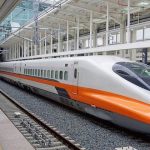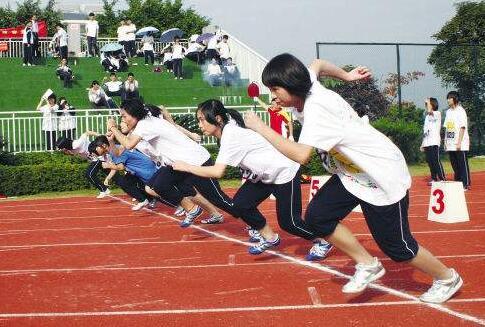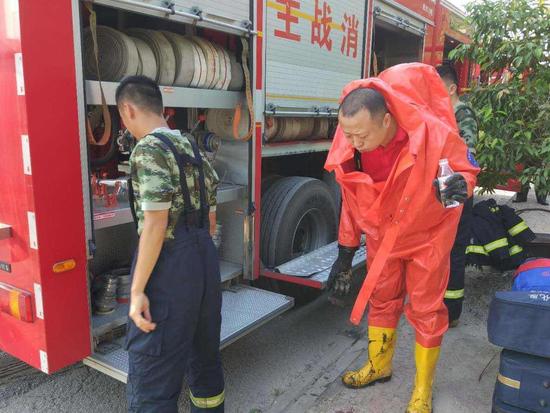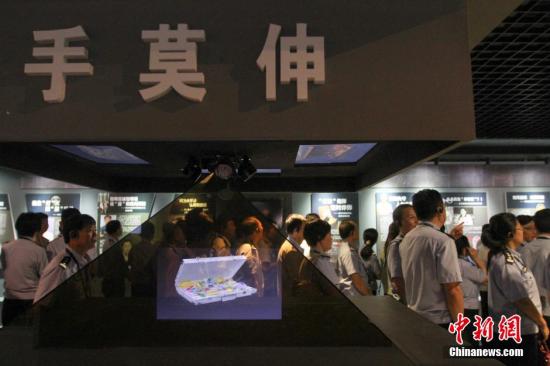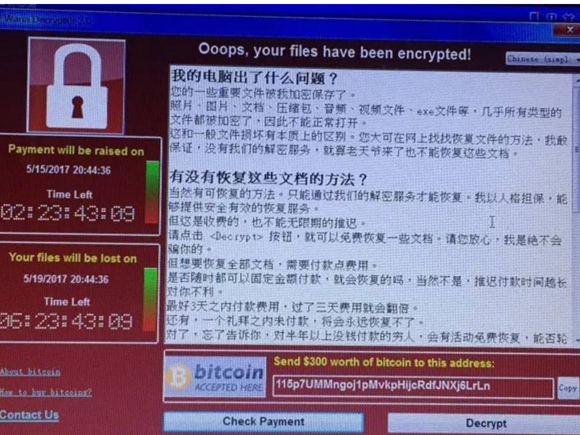The zero-addition policy for drugs has been implemented. I am happy and worried. There are public hospitals paying money back.
According to the notice of comprehensively pushing forward the comprehensive reform of public hospitals, all kinds of public hospitals at all levels in China will cancel drug addition by the end of September this year. The reporter of Economic Information Daily found in interviews in Fujian, Hunan, Sichuan and other provinces that had canceled drug addition that the burden of medical treatment for the masses was generally reduced. However, due to the reform of “single-soldier breakthrough” in some places “, there are also some phenomena such as inadequate supporting compensation measures leading to the filling of gaps in public hospitals” out-of-pocket “and the cancellation of drug addition leading to the” bidding death “of low-cost drugs. Drug zero bonus gradually appears With the cancellation of drug addition and zero-margin sales in public hospitals in some provinces, the situation of “replenishing medicine with drugs” is gradually changing, bringing real benefits to the masses and avoiding “returning to poverty due to illness”. From December 20 last year, Sichuan began to implement the policy of canceling drug addition in urban public hospitals. Zhuang Yun, a 49-year-old villager from Xindu district, Chengdu, lonqiao town, said: “Not long ago, my father was hospitalized in a large hospital for surgery because of early colon cancer, and spent 38000 yuan for surgery. Then it was transferred to the Second People’s Hospital of Xindu district for rehabilitation treatment. The treatment fee of 1,000 yuan was paid in advance. After more than 10 days of hospitalization, the nurse sent the list. I didn’t dare to read it at first, I think it will cost thousands of dollars. After opening it, the cost of all hospitalization is only more than 300 yuan!” Fujian patient Mr. Xu needs to take medicine all the year round due to chronic hepatitis B. He calculated an account for the reporter of Economic Information Daily: “There are 14 tablets in a box of the drug for treating hepatitis B. In the past, it was 54 yuan, but now it only costs 38.5 yuan. For our patients with chronic diseases, A few hundred yuan can be reduced in a month, and the burden reduction effect is particularly obvious.” “Drug addition is a compensation policy for public hospitals that began in the 1980 s. Under the condition of market economy, it gradually evolved into a medical supplement mechanism with drugs, which made public hospitals deviate from the public welfare track, this has led to a false high drug price and an unreasonable increase in medical expenses.” Yuan Mingyong, director of pharmacy department of Affiliated Hospital of Chengdu Medical College, said. Lai Bitao, deputy secretary general of Fujian provincial government, said that Fujian Sanming cracked the problem of “using medicine to support medicine” from “testing water” in 2013, and simultaneously established a new compensation mechanism by raising the price of medical services and other channels, compensation cancels the reduced income of drug addition, effectively controls the unreasonable increase of medical expenses and reduces the burden of patients’ medical expenses. Since 2015, Fujian province has taken the lead in pushing the “zero difference rate” sales of drugs in public hospitals nationwide. Zhu Shufang, director of Fujian Provincial Health Planning Commission, said that the proportion of medical consumables in public hospitals in Fujian province decreased by 4.64 percent age points year-on-year in 2016, medical service income such as diagnosis, nursing, operation and treatment reflecting the technical and labor value of medical personnel increased by year on year. On April 8 this year, the implementation plan of comprehensive reform of Beijing Medical separation was officially released. More than 3600 medical institutions carried out reforms around three aspects: “Separation of medicine, standardization of basic medical service projects, and implementation of Sunshine procurement of drugs, completely bid farewell to medical treatment with medicine and realize the” great exchange of blood “of compensation mechanism”. After the reform, the proportion of drug costs and drug costs decreased, and the changes in medical services and costs met the expectations of the reform. According to the data, from April 8 to May 5, the average medical expenses of outpatient and emergency departments in Beijing tertiary hospitals decreased by 9.6% compared with March this year; The average cost of hospitalization decreased by 4.1%; The average medical expenses of hospitalization decreased by 17.7%. The average medical expenses of outpatient and emergency departments in secondary hospitals decreased by 14.8%; The average medical expenses of hospitalized cases decreased by 14.1%, and the average medical expenses of hospitalized cases decreased by 24.0%. Public hospitals “pour money” to fill the gap During the interview, the reporter of Economic Information Daily also found that after some local public hospitals canceled drug addition, the corresponding supporting compensation measures were not in place, resulting in chain reactions such as “paying money upside down” in public hospitals, it has aroused the concern of some public hospital managers and medical staff. Since last year, all urban public hospitals in Hunan province have fully implemented zero-difference drug sales. However, the current situation is that the government has less compensation, and the increase of medical service expenses cannot make up for the decrease of drug income. Xianghua, vice president of Hunan Provincial People’s Hospital, said: “At present, many hospitals in Hunan have implemented the compensation rate after the drug zero difference rate has not reached the expected 80%. Among them, the average compensation rate of three hospitals in Xiangya is 51.2%, and that of provincial hospitals in Hunan is 67.44%. At present, the hospital relies on its own profits to buy equipment. After implementing the zero-difference rate of drugs, the purchase of large medical equipment in the hospital will face the problem of insufficient funds. If this situation is not improved, public hospitals will face the embarrassing situation of not being able to replace medical equipment several years later.” Wang Yunhua, a member of the CPPCC of Hunan province and a professor of the Second Xiangya Hospital, believes that the price of drugs in large public hospitals in Hunan has dropped and the inspection fee has also decreased. This gap can only be compensated by the price of medical services. However, the charges in this aspect of the hospital are not enough to make up for the reduced drug addition and examination costs. Once the income and expenditure of the hospital cannot be balanced, it will definitely affect the treatment and work enthusiasm of doctors. Zhang Deming, vice president of Ya’an People’s Hospital in Sichuan province, said that for a long time, no matter the scale of public hospitals is expanded or the hardware and software supports is improved, most of the investment mainly depends on the self-raised funds of hospitals, resulting in a rapid rise in hospital liabilities. After the drug addition is canceled, if the price of medical services is not in place, the insufficient compensation from the government will make public hospitals worse in terms of debt repayment ability. “Medical staff are also the main body of medical reform. Canceling drug addition should be a comprehensive project, but at present in public hospitals, the labor value of doctors has not been well reflected, especially obstetrics and gynecology, the pediatrician, with high labor intensity and 24 hours of work, often faces disputes. After the drug addition is canceled, how the doctor’s income is reflected is the generally interested problem medical staff.” Gu Xiangru, president of People’s Hospital of Xindu district, Chengdu, Sichuan province, said. A person in charge of the health planning bureau of Xindu district in Chengdu said that public hospitals should adjust their income structure to ensure timely digestion of the “gap” caused by the cancellation of drug addition “. Low-cost medicine “winning the bid” causes patients to worry The interview with the reporter of Economic Information Daily found that in some places where the “zero difference rate” policy of drugs has been implemented, low-cost drugs and the supply of essential drugs have been interrupted due to reasons such as hasty landing, cause patient concerns. Insiders said that in the process of promoting the reform, we should guard against the similar phenomenon of “eating away” the results of the reform. In a hospital in Chengdu, many patients told reporters that the price of some drugs is indeed cheaper when buying common drugs in the hospital, but the registration fee is similar to that of drugs in the market, the key is that the queuing time is still the same. One patient said: “Compared with the price increase of drugs, we are more afraid of missing drugs. Recently, the commonly used drug for patients with hypothyroidism-youjiale is not available in the market.” Cheng Qirong, director of pharmacy department of Chengdu Second People’s Hospital, said that under the background of incomplete compensation mechanism, public hospitals generally adopt “medicine-based medicine” to obtain income and maintain operation and Development. After the drug addition is canceled, if the supporting reforms cannot keep up with it, it may aggravate the shortage of some cheap drugs. Lin Wei, director of Fujian medical machinery cooperative buying Center, said that according to the situation of Fujian Medical reform over the past few years, some pharmaceutical companies do have the phenomenon of “not producing after winning the bid at a low price, as a result, some essential drugs in public hospitals are temporarily and seasonally lacking, which is commonly known as” winning the bid “. “In the early stage of Fujian Sanming medical reform, due to the small procurement market and low bargaining power, many pharmaceutical companies also encountered joint encirclement and suppression, resulting in the supply of low-cost drugs and life-saving drugs. This is a universal problem that may be encountered in the reform. After promoting medical reform in Fujian province, through the formation of hospital negotiation consortium, the bargaining power has been enhanced, effectively alleviating the shortage of some drugs.” Lin Yu said. 2909 according to the notice of comprehensively pushing forward the comprehensive reform of public hospitals, all kinds of public hospitals at all levels in China will cancel drug addition by the end of September this year. The reporter of Economic Information Daily found in interviews in Fujian, Hunan, Sichuan and other provinces that have canceled drug addition that group


